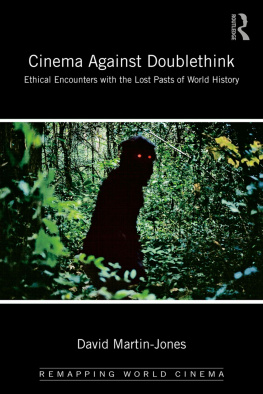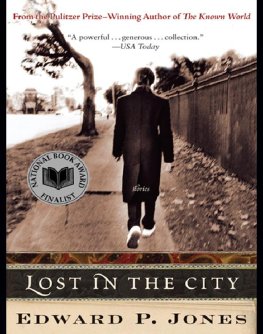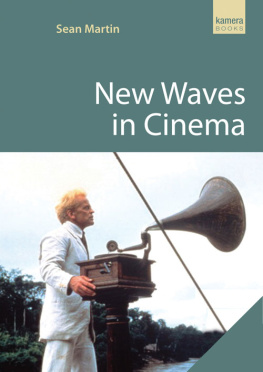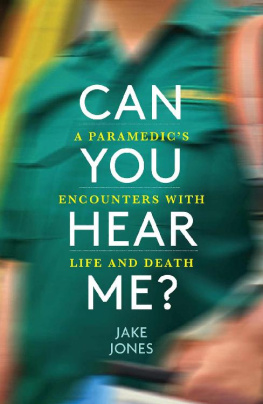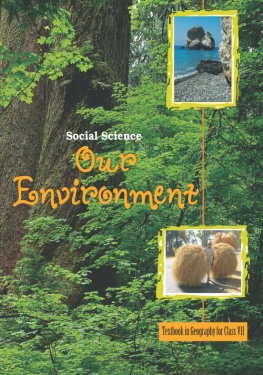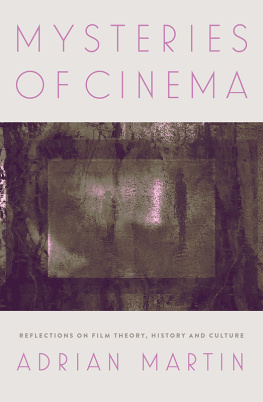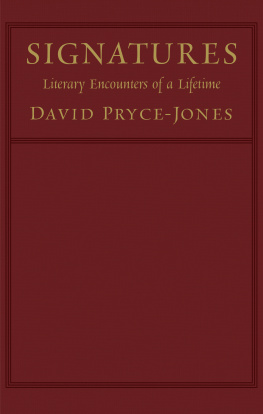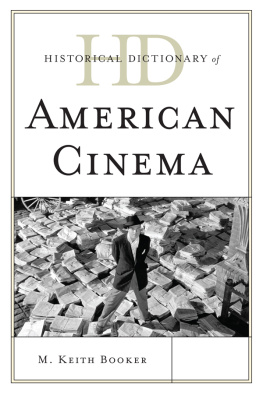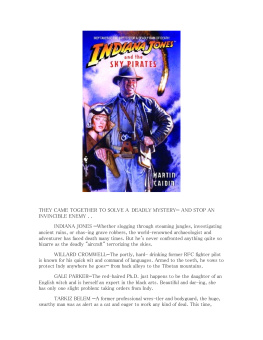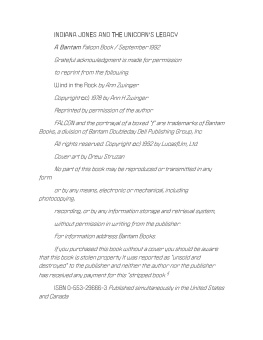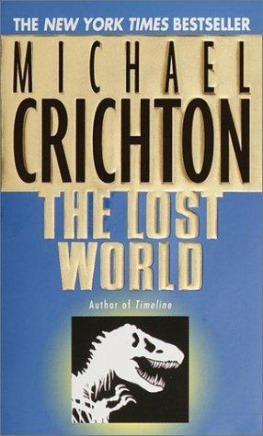CINEMA AGAINST DOUBLETHINK
When is it OK to lie about the past? If history is a story, then everyone knows that the official story is told by the winners. No matter what we may know about how the past really happened, history is as it is recorded: this is what George Orwell called doublethink. But what happens to all the lost, forgotten, censored, and disappeared pasts of world history? Cinema Against Doublethink uncovers how a world of cinemas acts as a giant archive of these lost pasts, a vast virtual store of the worlds memories. The most enchanting and disturbing films of recent years Uncle Boonmee Who Can Recall His Past Lives , Nostalgia for the Light , The Act of Killing , Even the Rain , Carancho , Lady Vengeance create ethical encounters with these lost pasts, covering vast swathes of the planet and crossing huge eras of time. Analysed using the philosophies of Gilles Deleuze (the time-image) and Enrique Dussel (transmodern ethics), the multitudinous cinemas of the world are shown to speak out against doublethink, countering this biggest lie of all with their myriad false versions of world history. Cinema, acting against doublethink, remains a powerful agent for reclaiming the truth of history for the post-truth era.
David Martin-Jones is Professor of Film Studies, University of Glasgow, UK. His research uses philosophy to explore world cinemas. He is the author/editor of eight books, has published in numerous international journals (e.g. Cinema Journal , Screen , and Third Text ), and edits the Bloomsbury series Thinking Cinema.
Remapping World Cinema: Regional Tensions and Global Transformations
Series Editors: Rob Stone, Paul Cooke, Stephanie Dennison and Alex Marlow-Mann
Remapping World Cinema: Regional Tensions and Global Transformations rewrites the territory of contemporary world cinema, revising outdated assumptions of national cinemas, challenging complacent views of hegemonic film cultures and questioning common ideas of production, distribution and reception. It will remap established territories such as American, European and Asian cinema and explore new territories that exist both within and beyond nation-states such as regional cinemas and online communities, while also demarcating important contexts for global cinema such as festival circuits and the discipline of film studies itself.
This book series is jointly coordinated by B-Film: The Birmingham Centre for Film Studies based at the University of Birmingham, the Centre for World Cinemas and Digital Cultures at the University of Leeds and the Centre for Film and Media Research at the University of Kent.
Advisory Board
Michele Aaron Tim Bergfelder Chris Berry William Boddy William Brown James Chapman Paolo Cherchi Usai Ian Christie Anne Ciecko Timothy Corrigan Virginia Crisp Sean Cubitt Stuart Cunningham Jonathan Driskell Rajinder Dudrah Thomas Elsaesser Dunja Fehimovic Rosalind Galt David Gauntlett Felicity Gee Jeffrey Geiger Aaron Gerow | Christopher E. Gittings Catherine Grant Olof Hedling Mette Hjort John Horne Anik Imre Dina Iordanova Geoff King Mariana Liz Gina Marchetti Laura U. Marks David Martin-Jones Alessandra Meleiro Xavier Mendik Madhuja Mukherjee David Murphy Lcia Nagib Lydia Papadimitriou Chris Perriam Catherine Portuges Charles Ramrez Berg Jonathan Rayner | Ian Malcolm Rijsdijk Mara Pilar Rodrguez Joanna Rydzewska Karl Schoonover Deborah Shaw Marc Silberman Murray Smith Paul Julian Smith Song Hwee Lim Ann Marie Stock Stephen Teo Kian Teck Niamh Thornton Dolores Tierney Jan Uhde Marije de Valck Ravi Vasudevan Beln Vidal Ginette Vincendeau James Walters Emma Widdis Vito Zagarrio Yingjin Zhang |
Middlebrow Cinema
Edited by Sally Faulkner
The Routledge Companion to World Cinema
Edited by Rob Stone, Paul Cooke, Stephanie Dennison and Alex Marlow-Mann
Cinema Against Doublethink
Ethical Encounters with the Lost Pasts of World History
David Martin-Jones
For more information about this series, please visit: https://www.routledge.com/Remapping-World-Cinema/book-series/RWC
Para Elena
CINEMA AGAINST DOUBLETHINK
Ethical Encounters with the Lost Pasts of World History
David Martin-Jones

First published 2019
by Routledge
2 Park Square, Milton Park, Abingdon, Oxon OX14 4RN
and by Routledge
711 Third Avenue, New York, NY 10017
Routledge is an imprint of the Taylor & Francis Group, an informa business
2019 David Martin-Jones
The right of David Martin-Jones to be identified as author of this work has been asserted by him in accordance with sections 77 and 78 of the Copyright, Designs and Patents Act 1988.
All rights reserved. No part of this book may be reprinted or reproduced or utilised in any form or by any electronic, mechanical, or other means, now known or hereafter invented, including photocopying and recording, or in any information storage or retrieval system, without permission in writing from the publishers.
Trademark notice : Product or corporate names may be trademarks or registered trademarks, and are used only for identification and explanation without intent to infringe.
British Library Cataloguing-in-Publication Data
A catalogue record for this book is available from the British Library
Library of Congress Cataloging-in-Publication Data
Names: Martin-Jones, David, author.
Title: Cinema against doublethink: ethical encounters with the lost pasts of world history/David Martin-Jones.
Description: New York: Routledge, 2019. | Series: Remapping world cinema; 3 | Includes bibliographical references and index.
Identifiers: LCCN 2018018292 | ISBN 9781138907942 (hardback: alk. paper) | ISBN 9781138907959 (pbk.: alk. paper) | ISBN 9781315694832 (ebook: alk. paper)
Subjects: LCSH: Motion pictures and history. | Motion picturesPhilosophy.
Classification: LCC PN1995.2 .M37 2019 | DDC 791.43/658dc23
LC record available at https://lccn.loc.gov/2018018292
ISBN: 978-1-138-90794-2 (hbk)
ISBN: 978-1-138-90795-9 (pbk)
ISBN: 978-1-315-69483-2 (ebk)
Typeset in Bembo
by Deanta Global Publishing Services, Chennai, India
Contents
Early research for this monograph was conducted when I was the Prowse Visiting Fellow at the Institute of Advanced Studies, Durham University, UK (OctoberDecember 2012). My thanks to everyone involved for their support and insightful input. This research was also supported by a grant from the Carnegie Trust for the Universities of Scotland, for a research trip to China (2012). I am grateful to former colleagues at the University of St Andrews and current colleagues at the University of Glasgow. I could not have wished for more supportive research milieus.
Thanks to Paul Laverty and Icar Bollan for generously speaking to me about Tambin la lluvia . A huge thank you to David Deamer, Chelsea Birks, William Brown, Timothy Barker, Matthew Holtmeier, David Fleming, Robert Sinnerbrink, Dimitris Eleftheriotis, and David Archibald, and the combined efforts of the peer reviewers and series editors, for feedback on early drafts, as well as to Chelsea Birks (again!) for invaluable assistance in the books final stages. Thanks to David Sorfa for a chance to present this as a keynote at Film - Philosophy IV (2011); to Robert Stam and Ella Shohat for their kind invitation to the Transnational Cinema/Media Studies Conference at NYU Abu Dhabi (2014); to Matilda Mroz for Material Environments at Greenwich (2015); and to Robert Sinnerbrink for the Cinematic Ethics Symposium at Macquarie (2016). In addition, for invitations to present at research seminars at UNSW, Manchester, Manchester Metropolitan, Lancaster, Liverpool, Belfast, Durham, Newcastle, and Edinburgh, thanks to Michelle Langford, Felicity Colman, Anna Powell, Helen Darby, Richard Rushton, Robert Porter, Andrea Noble, Kerstin Oloff, Ann Davies, Dan Yacavone, James Scorer, Tom Whittaker, and Jill Bennett.

